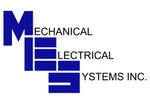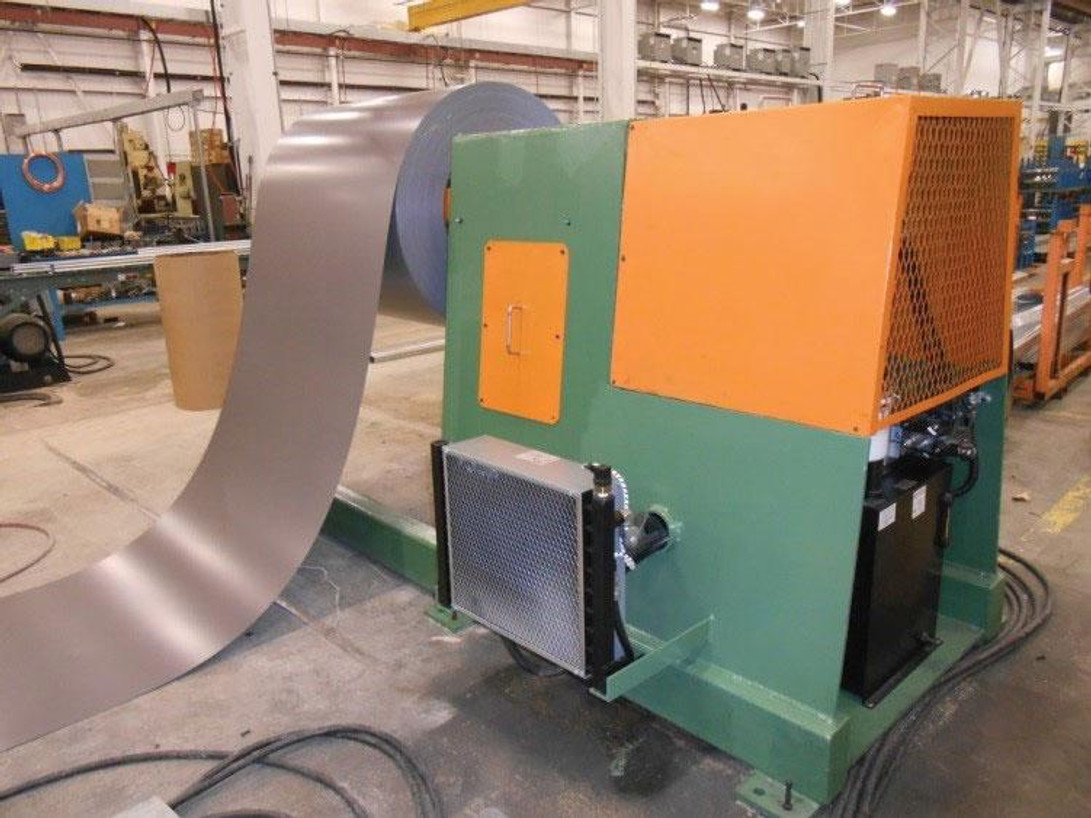Torque Regulated Speed Limiter
A torque-regulated speed limiter is a system used to control the speed of a machine, vehicle, or engine by limiting the torque (rotational force) rather than directly controlling the speed. This type of speed limiter is designed to prevent excessive torque, which can protect the engine, transmission, or other mechanical components from damage due to overloading.
Here's how it generally works:
-
Torque Measurement: The system continuously monitors the torque output from the engine or motor. Torque sensors or estimators are typically used to measure this force.
-
Speed Limiting: If the system detects that the torque output is approaching a threshold that could cause mechanical stress or damage, it limits the power output to reduce the torque, indirectly controlling the speed.
-
Adjusting Performance: The limiter can adjust the power provided to the engine or motor, reducing fuel, air intake, or electrical power (depending on the type of engine or motor) to prevent exceeding the torque limit, thus controlling the vehicle or machine's speed.
This type of speed limiter is commonly used in applications like:
- Vehicles (Cars, Trucks, etc.): To prevent over-revving and reduce wear and tear on the engine.
- Industrial Machines: Where mechanical integrity and operational safety are critical.
- Uncoilers/Recoilers (Web Lines): Keeping the material tight, pulling the material through the web.
- Electric Motors: To control speed while maintaining efficiency.
By focusing on controlling the torque rather than directly limiting speed, this method offers more flexibility, ensuring both performance and safety are optimized.


